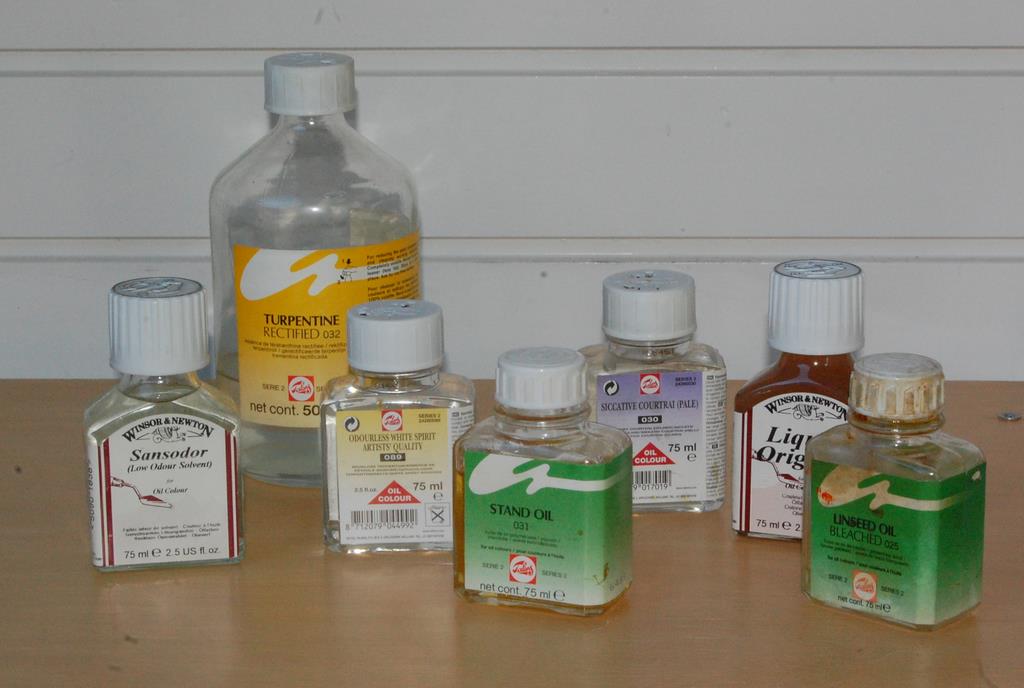An aspirin a day to prevent heart attacks, strokes, and cancer?
Taking an aspirin a day has always been controversial when it comes to preventing disease before it occurs. Now a task force is recommending daily use under some circumstances. Do the benefits really outweigh the risks?
Are guidelines for calcium and vitamin D rooted in evidence, or vested interests?
Do osteoporosis guidelines overstate the benefits of calcium and vitamin D supplements? And is their continued presence due to vested interests and conflicts of interest? That’s the provocative argument made by Andrew Grey and Marc Bolland, two endocrinologists who recently detailed their analysis in The BMJ, in a paper entitled “Web of industry, advocacy, and academia in the management of osteoporosis” [PDF]....
Is there a natural treatment for tinnitus?
“Why do you bother blogging?” asked a colleague. “You take hours of your personal time to write, and you do it for free. You’re not even getting any citations for all that work.” I admit I found the questions a bit surprising. True, you won’t find SBM posts abstracted in PubMed. But I’m writing for an entirely different audience. I blog for...
A homeopathic win for consumers
Do you believe in magic? It might surprise you to learn that some people believe sugar pills have healing properties. This belief system, called homeopathy, is a multi-billion dollar industry worldwide, and it’s growing. While there is no convincing evidence to demonstrate that homeopathic treatments are more effective than a placebo, many consumers and even some health professionals accept homeopathy as a...
Rehydrating with an appeal to nature
I don’t tend to worry too much about hydration, except when I exercise. I’ve been running regularly for over 15 years, and since I started I’ve usually carried water, or for longer runs, I drink old-school Gatorade. The formulation is basic: sugar, salt, and potassium. There are hundreds of electrolyte products marketed for athletics, but I’ve been faithful to the original: It’s...

The evolving story of the harms of anti-inflammatory drugs
Owing to summer vacation, today’s post updates a 2011 post and a 2013 post with some new information. Anti-inflammatory drugs are among the most well-loved products in the modern medicine cabinet. They can provide good pain control, reduce inflammation, and eliminate fever. We give non-steroidal anti-inflammatory drugs (NSAIDs) in infancy, continuing through childhood and then adulthood for the aches and pains of...
It’s time for pharmacies to stop selling sugar pills
Why are pharmacies selling sugar pills to consumers that are packaged like medicine? And what will it take for pharmacies to stop?
This stimulant can kill, yet you can legally buy it online. Why?
If there’s one thing that unites all countries and cultures, it’s our love of caffeine. Whether it’s coffee, tea or other foods, caffeine is the most widely consumed drug in the world — more than alcohol, and more than tobacco: 90% of adults worldwide consume caffeine daily. At doses found in food and beverages, the effects are predictable and the side effects...

Medicine doesn’t come from the hardware store: Don’t drink turpentine
I enjoy feedback from readers. Yes, there’s the regular hate mail accusing me of being a Big Pharma Shill. But there’s the occasional appreciative comment from someone that found a post helpful or informative. The most gratifying feedback is when someone tells me that something I wrote led to a more informed health decision. Often it’s because I was able to answer...
Legislators want “pharmaceutical cost transparency”. Are they asking the wrong question?
If science-based medicine is unaffordable, then your care won’t be science-based. Prescription drug costs are one of the biggest concerns in health care today. There seems to be no upper limit on prices, with some new treatments costing over $1,000 per day. The arrival of new drugs to treat (and cure) hepatitis C has created a perfect pharmaceutical storm: highly effective treatments,...

